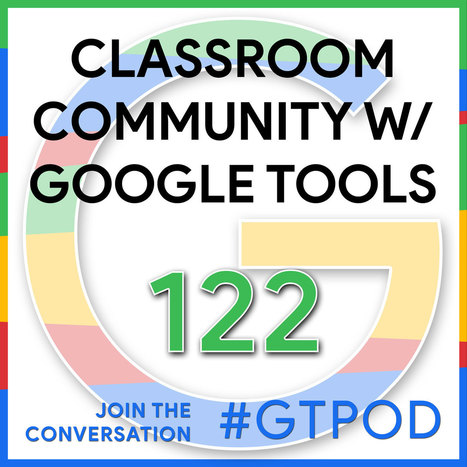
|
Rescooped by michel verstrepen from iGeneration - 21st Century Education (Pedagogy & Digital Innovation) |
Research and publish the best content.
Get Started for FREE
Sign up with Facebook Sign up with X
I don't have a Facebook or a X account
Already have an account: Login
 Your new post is loading... Your new post is loading...
 Your new post is loading... Your new post is loading...
No comment yet.
Sign up to comment

Lon Woodbury's curator insight,
November 29, 2015 8:10 PM
The emphasis on relationships as being of primary importance in education has been a key element in private therapeutic boarding schools and wilderness therapy schools and programs since I started working with them in 1984. Their success shows that the writer of this article is spot-on. -Lon
abinaya's curator insight,
November 30, 2015 5:37 AM
It may be time to log off and plug back into your relationship. ... And that can never be conveyed over technology of any kind. . http://goo.gl/Z7yG70 |

The Learning Factor's curator insight,
March 16, 2017 5:57 PM
These ridiculously simple brain hacks can subtly encourage people to decide in your favor.
Vanessa Ong Li Wen's curator insight,
March 19, 2017 12:14 PM
I agree that at times, we need to angle our argument that targets one’s emotional capacity so as to strengthen the message we are trying to convey and be more persuasive. Although logic is an important factor in allowing people to understand what you are trying to say, simply informing them and convincing them are two separate matters. In essence, using positive emotions to encourage people to believe in you is the right way to go. Once they feel that they have established the connection with you, they will naturally be more inclined to believe whatever it is you are trying to say.
|












